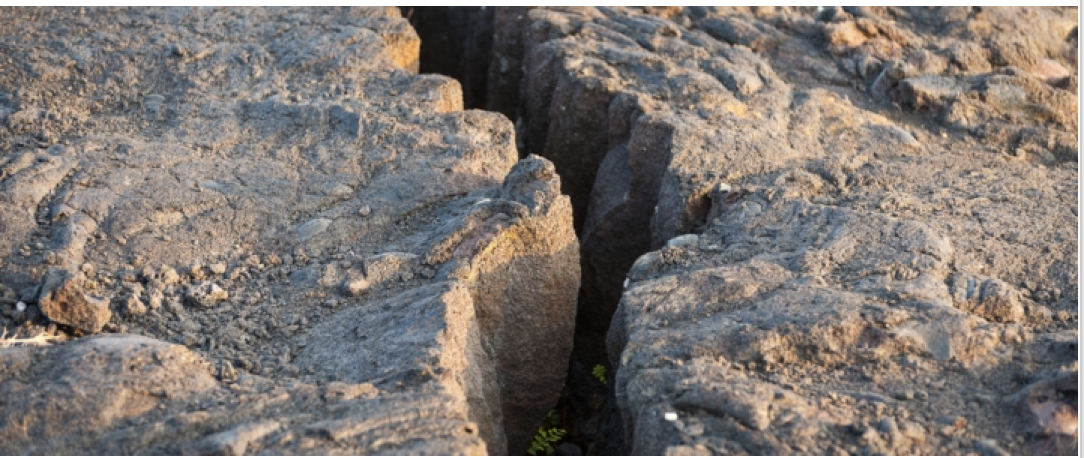October 2016, Vol. 243, No. 10
Features
Record Earthquake Threatens Oil and Gas Industry in Oklahoma

A 5.6-magnitude earthquake shook Oklahoma northwest of Tulsa on Sept, 3, enough to rank it as among one of the state’s most powerful on record. The earthquake could shake more than just houses and buildings in the region – the latest tremor could upend one of Oklahoma’s most important industries.
Oklahoma is not traditionally known as one of the country’s most seismically active areas, but the frequency of earthquakes has skyrocketed in recent years. Last year, Oklahoma recorded 2,500 earthquakes with a magnitude of 2.5 or greater. That is up dramatically from just three quakes of that size recorded in 2005.
Seismologists are increasingly convinced that the culprit is the wastewater wells used in hydraulic fracturing. When oil and gas drillers frack a well, the wastewater that is left over is injected into disposal wells at high pressure. That is thought to contribute to the slipping of fault lines, increasing the likelihood of an earthquake.
The U.S. Geological Survey said that it would look into the specifics of the latest earthquake, but most believe that disposal wells could be singled out. “Without studying the specifics of the wastewater injection and oil and gas production in this area, the USGS cannot currently conclude whether or not this particular earthquake was caused by industrial-related, human activities,” the USGS said in a statement. “However, we do know that many earthquakes in Oklahoma have been triggered by wastewater fluid injection.”
The increase in the frequency of earthquakes has climbed in corresponding fashion with the rise of fracking in the state. State regulators have been reluctant to get involved, persuaded by industry leaders that they were doing all they could to minimize the side effects of drilling. After all, oil and gas production has been a cornerstone of the Oklahoma economy for a long time.
But the tremors became too difficult to ignore and the state has slowly begun to put restrictions on industry players, with tougher oversight always coming shortly after the state is rocked by another quake. There are some 35,000 disposal wells in the state, according to Bloomberg, and state regulators have been putting restrictions on operators for more than a year. But the record-tying quake from a few days ago could spark a tighter crack down on disposal wells, which could slow the pace of drilling in Oklahoma.
Gov. Mary Fallin, a Republican, declared a state of emergency after the latest incident. Regulators ordered drillers controlling 37 disposal wells to immediately shut down after the earthquake. It was the first time that the state issued a mandatory order and the industry is watching closely to see if broader action is forthcoming.
“They are going to push the industry to come up with some permanent solutions,” said Michael Lynch, president of Strategic Energy & Economic Research Inc., in an interview with Bloomberg. “It’s hard to believe Oklahoma would move to ban fracking, but I can see where they would say to people that they have to do something else with the wastewater, which is believed to be the source of the increase in earthquakes.”
The Oklahoma Independent Petroleum Association told The Wall Street Journal the state’s response could negatively impact oil and gas production. But so far the crackdown on drillers in the vicinity of the earthquake will not necessarily affect the more prolific oil and gas plays in the state, such as the SCOOP and STACK. The only publicly traded company affected by the state’s mandatory shutdown was PetroQuest Energy Inc. The more well-known drillers in Oklahoma, such as Continental Resources and Devon Energy, likely won’t be impacted at the moment.
“You might see a little bit of a pause” in drilling following the state’s response, Michael Lynch told Bloomberg. “The first step will be restricting the wastewater wells, particularly the ones that seem to be causing the most harm.”





Comments